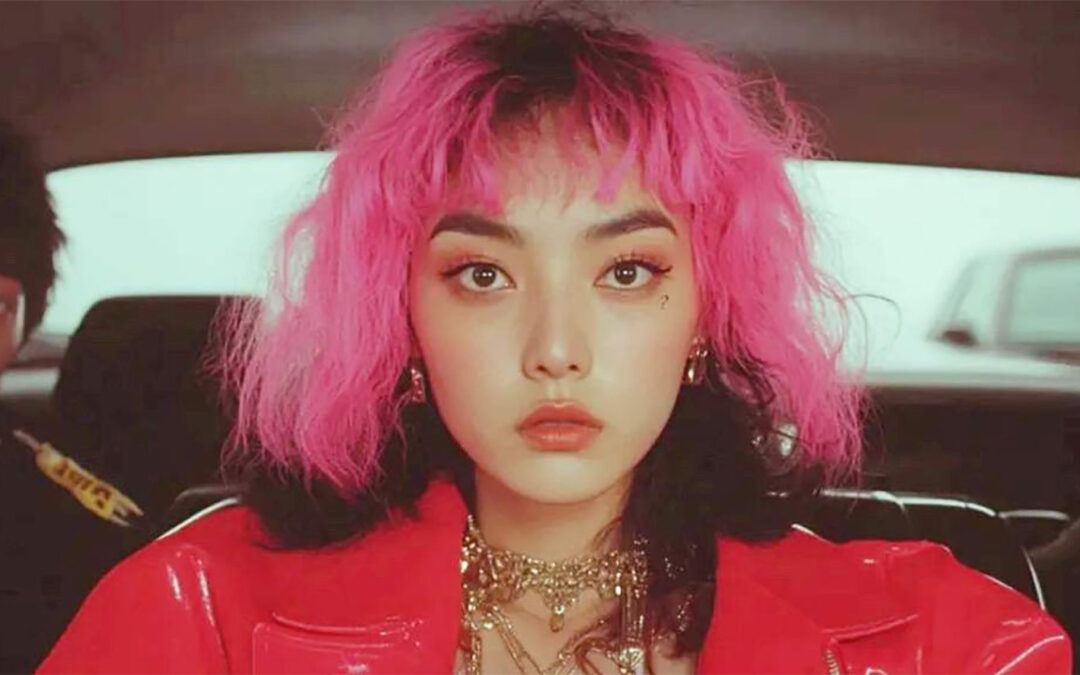Grammy-winning producer Timbaland has unveiled his latest venture: Stage Zero, an AI-driven entertainment company, and its first signee, TaTa – an entirely artificial music artist poised to pioneer a new genre dubbed “A-Pop”
TaTa is more than a digital creation; she’s described as a “living, learning, autonomous music artist built with AI.” Unlike virtual avatars or holograms, TaTa is designed to evolve, adapt, and produce music autonomously, marking a significant shift in how artists are conceptualized and developed. Her debut single is anticipated to release soon, signaling the emergence of AI-generated talent in the mainstream music industry.
Stage Zero leverages advanced AI tools, notably Suno, a generative AI music platform where Timbaland serves as a creative director. By inputting demo tracks into Suno, the platform generates vocals and melodies without human performers.
- No human vocals.
- No traditional songwriting teams.
- No expensive studio sessions.
Timbaland expressed his fascination with the technology, stating, “It came to a point where I’m like, ‘Yo, this voice, it’s amazing.’”
Timbaland’s vision extends beyond traditional music production. He aims to create “systems, stories, and stars from scratch,” envisioning a future where artists are not just human but also “IP, code, and robotics that are fully autonomous.” This approach challenges conventional notions of artistry and opens discussions about the role of AI in creative industries.
TaTa was created using Suno, an AI platform where you input a song demo and it generates finished tracks, vocals included. Timbaland, who serves as a creative director for Suno, says the results were so good he felt like he was hearing a real artist.
But here’s the twist: This isn’t about replacing artists. It’s about redefining what an artist is.
The introduction of AI-generated artists like TaTa has sparked diverse reactions. While some applaud the innovation, others express concern over the implications for human artists and the authenticity of AI-produced music. Timbaland addressed these sentiments, noting that current music feels “bland” and “boring,” and suggesting that AI might offer a “genuine soul” in music creation.
As TaTa’s debut approaches, Stage Zero represents a bold experiment at the intersection of technology and creativity. Whether A-Pop becomes a lasting genre or a fleeting trend, it undeniably prompts a reevaluation of what it means to be an artist in the digital age.
What Creators Need to Understand Right Now
Timbaland’s Stage Zero isn’t just a label – it’s a blueprint for creative automation, where:
- IP is code.
- Artists are software.
- Content creation is scalable, 24/7.
This model flips the traditional creator economy on its head. Instead of managing unpredictable humans, teams can now create and launch entire personas – stories, music, merch, and content – generated on demand.
What This Means for YOU as a Creator
Timbaland’s move shows that AI-assisted creativity is not just valid – it’s marketable, monetizable, and inevitable.
That means:
- Speed matters. Creators who embrace AI will outproduce those who don’t.
- IP is leverage. You don’t have to be the voice—own the rights to one.
- Storytelling still wins. Even AI artists need lore, direction, and brand-building.
- The edge isn’t in being the tech – it’s in knowing how to direct it.
Final Thoughts
Timbaland’s TaTa might be the first AI pop star – but she won’t be the last. And while some creators will scoff or panic, others will evolve, adapt, and thrive.
If you’ve ever wanted to scale your content, launch a creative brand, or do more with less – this is your window.
The future isn’t human vs AI. It’s human with AI – versus those without.
(Photo Credit: Stage Zero)

Sean Earley is a personal brand advisor, innovation consultant, marketing expert & podcast host.
As a trusted advisor to Fortune 500 companies, experts, startups and organizations, he specializes in helping businesses, creators and entrepreneurs harness AI and emerging technologies to build future-proof personal brands, scalable digital businesses and drive innovation in an ever-evolving digital landscape.
He is the founder of Future Creators Magazine and host of the Future Creators Podcast & YouTube Channel where he explores the latest trends in personal branding, technology, business, lifestyle, and creator culture.



